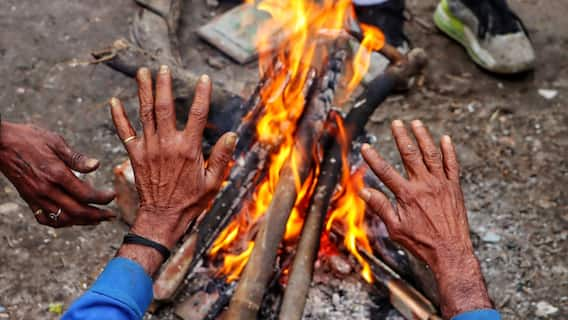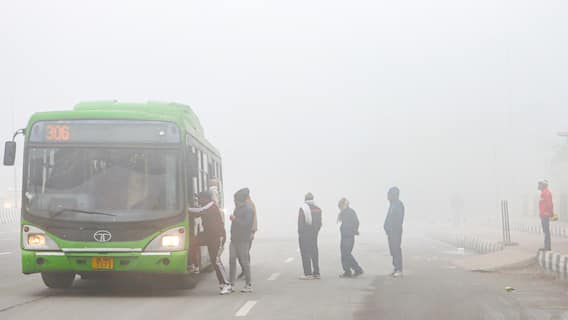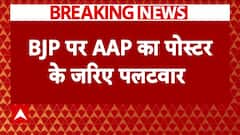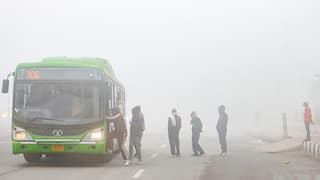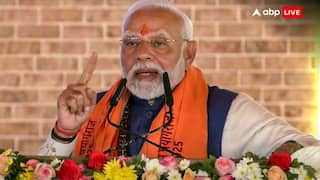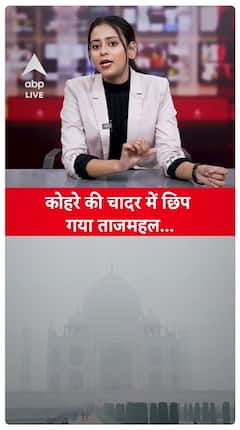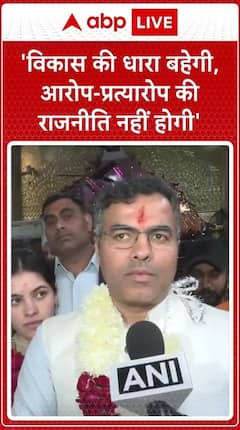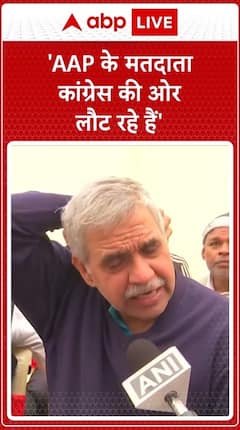Andhra Govt Cracks Down On Liquor Price Violations, Imposes Rs 5L Fine For Sale Above MRP
In Andhra Pradesh, the crackdown extends to curbing the illegal practice of running belt shops—unauthorized outlets selling liquor outside licensed premises.

The Andhra Pradesh government has adopted a stringent approach to curb malpractices in the liquor trade, announcing hefty penalties and stringent measures against shops and bars overcharging customers. As per the latest directive, liquor vendors found charging above the Maximum Retail Price (MRP) will face severe consequences, starting with a fine of Rs 5 lakh for the first offense. Repeated violations will lead to the cancellation of their licenses.
The crackdown extends to curbing the illegal practice of running belt shops—unauthorized outlets selling liquor outside licensed premises. Similar penalties apply here with a Rs 5 lakh fine for first-time offenders and license cancellation for subsequent offenses.
These measures have been enforced under Section 47(1) of the Andhra Pradesh Excise Act, 1968, and are aligned with Government Order (GO) MS No. 12, issued on January 8, 2018. While MRP violations and belt shop operations are specifically targeted, the government has clarified that other excise-related offenses will be penalized in accordance with the 2018 guidelines. Cases involving bar licensees will be dealt with under the provisions of the Excise Act.
The move aims to ensure fair pricing, protect consumers, and curb illegal liquor sales across the state. Authorities have urged the public to report violations to facilitate swift action against offenders, signaling a firm commitment to regulatory compliance in the liquor trade.
Meanwhile, the state government has decided to take strict action against retail liquor traders amid allegations of violating MRP regulations and operating unauthorized "belt shops." These shops, reportedly set up by traders to boost sales, have come under scrutiny.
Traders have expressed dissatisfaction with the reduced trade margin, which has dropped to around 11% from the 20% initially promised by the state government. To compensate for their significant investments, many traders are believed to be supplying liquor to these unauthorized outlets. The additional revenue generated through belt shops not only helps increase sales but also provides advance payments, offsetting the high setup costs.
ALSO READ: Andhra Pradesh Govt Dissolves Waqf Board Constituted by Jagan-Led Regime Citing Legal Challenges
Trending News
Top Headlines









